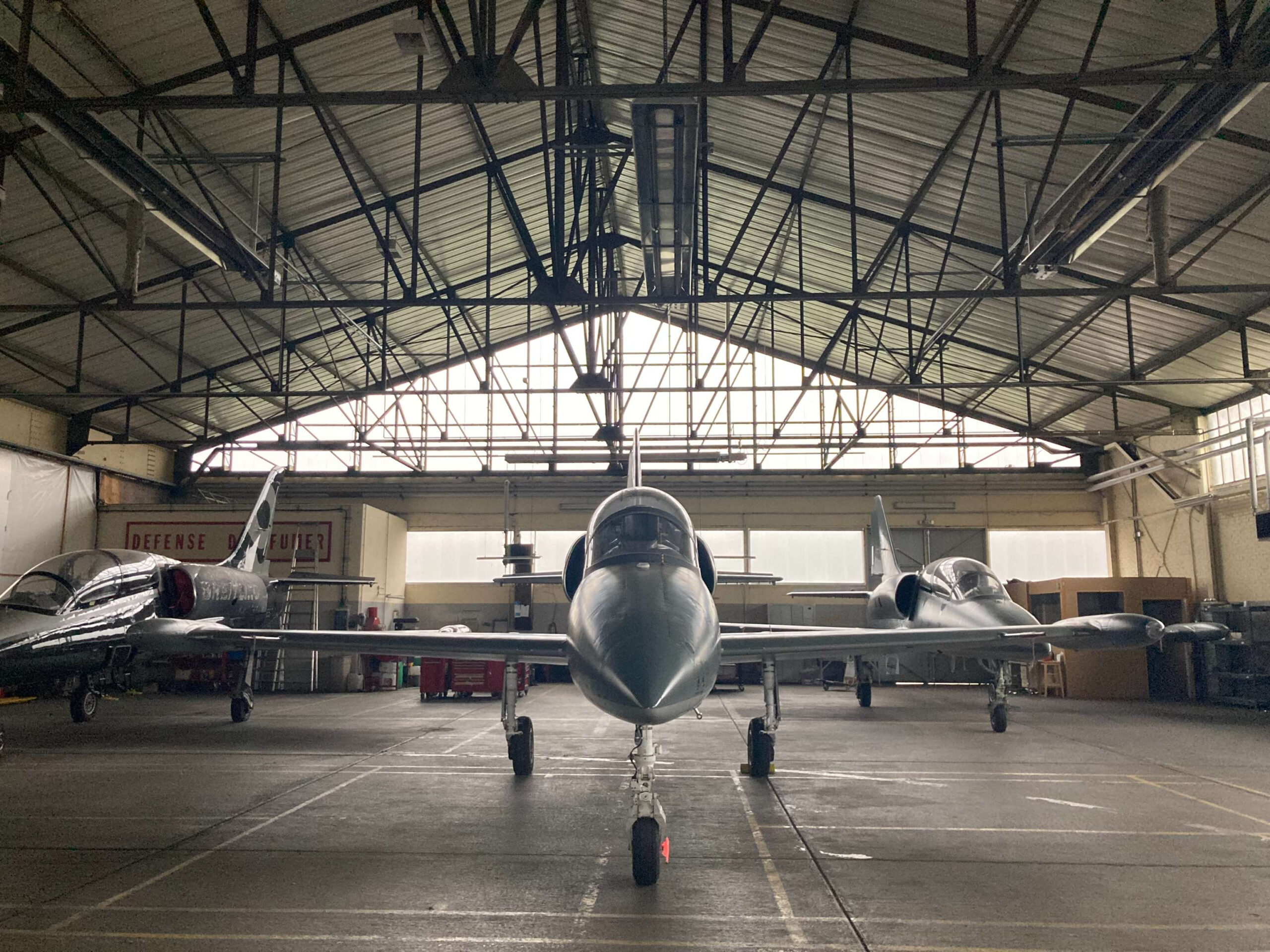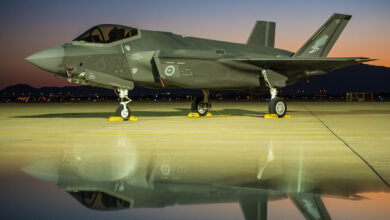Babcock has acquired 11 L-39 Albatros aircraft to expand the company’s international fighter pilot training offering in France.
The fleet was purchased from Longvic-based Apache Aviation and will be stationed at a former military site in Dijon.
Services with the Albatros jets will incorporate pilot student and instructor certification, qualified-level retraining, close air support mission courses, and advanced training based on realistic combat scenarios.
Babcock noted that the lessons were modified according to international air force requirements and NATO operational procedures.
“Military pilot training is a critical component of our customers’ defence capabilities,” Babcock’s Chief Executive Aviation and CEO France Pierre Basquin stated. “Expanding our military training activity aligns with our ambition to support our customers’ needs, both in the short and long term.”
“With our expertise and infrastructure, we deliver a complete training system which provides military pilots with a comprehensive training experience that reflects a real military flying environment.”
Recent Ventures
Babcock’s Albatros fleet adoption follows the company’s plan earlier in December to explore tactical unmanned aerial system opportunities in Australia and New Zealand.
It came after the firm’s launch of its new manufacturing and repair center in Adelaide to further support Australia’s land and naval force programs, as well as the signing of a technical support extension contract for the British Armed forces at multiple UK military sites.
In May, the company partnered with Ontario-based Roshel to assist in the modernization of the Canadian Armed Forces’ Light Utility Vehicle fleet.
The same month, Babcock revealed a separate project to build an engineering facility in Ukraine that will support requirements of the country’s military in the future.













